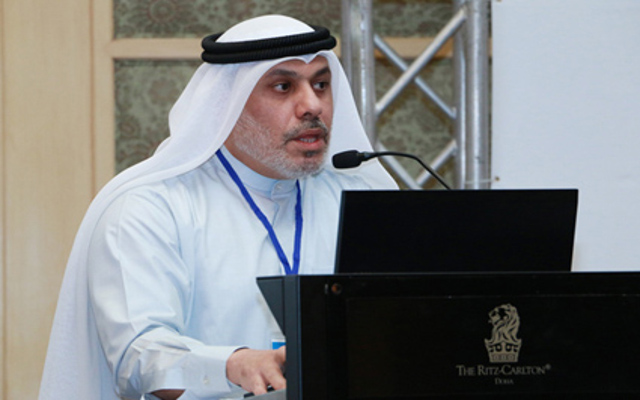On 14 May, Human Rights Watch (HRW) called for Emirati authorities to release Nasser bin Ghaith and drop all charges against him. Emirati authorities accused Bin Ghaith of insulting Egypt and violating UAE’s cybercrime and counterterrorism laws. HRW states that after his arrest in August 2015, Emirati forces subjected Bin Ghaith to torture during his eight-month disappearance. Since his arrest, Bin Ghaith appeared in court once last month, and he is scheduled to appear again on 23 May. After his initial court appearance in April 2016, authorities again subjected him to incommunicado detention.
The UAE released a new antiterrorism law in 2014, which contained such vague language as “undermining the unity of the state” and “openly declaring animosity against the regime.” A cybercrime law in 2012 already forbade criticism of the state, its rulers, and religion. The UAE can easily use these laws to prosecute human rights activists. In 2013, UAE courts arrested a group of activists, the “UAE 94,” for their online political activism. UAE authorities held approximately 70 of the 94 detainees in secret detention after their arrest in 2013.
Freedom of expression and opinion is heavily restricted in the UAE, which prohibits the growth of a free civil society. The UAE must reconsider its stance on limiting freedom of expression and grant its citizens their internationally-sanctioned rights. The UAE should respond to international calls to release Nasser Bin Ghaith and all prisoners detained for politically-motivated charges. Additionally, the UAE should take all appropriate steps to implement reforms that would halt the arrests of political activists on charges violating their freedom of expression.
Margaret Bailey is an Advocacy Intern at ADHRB.





